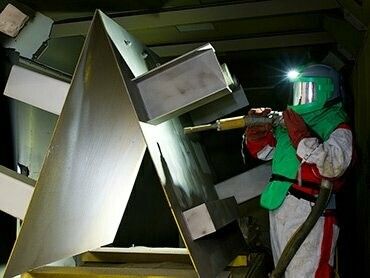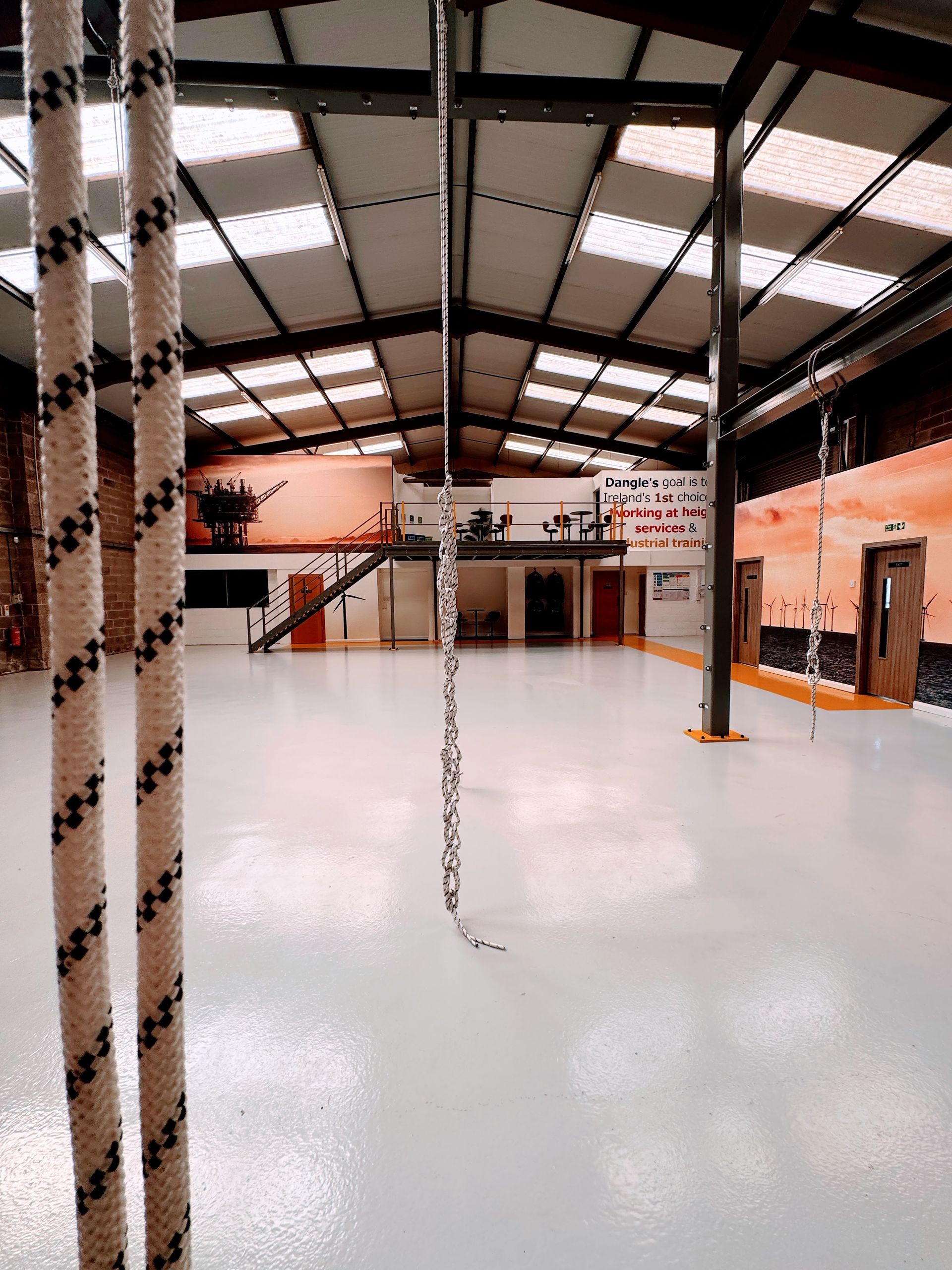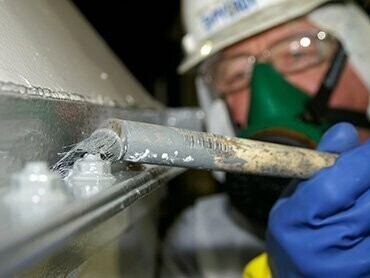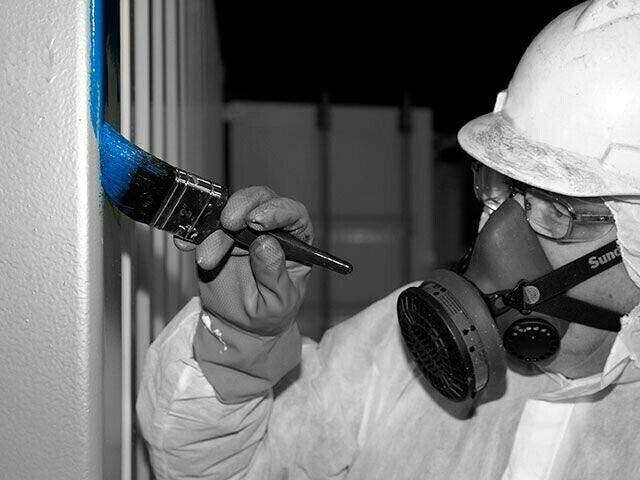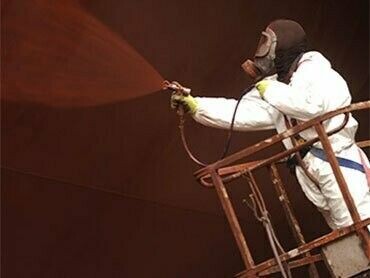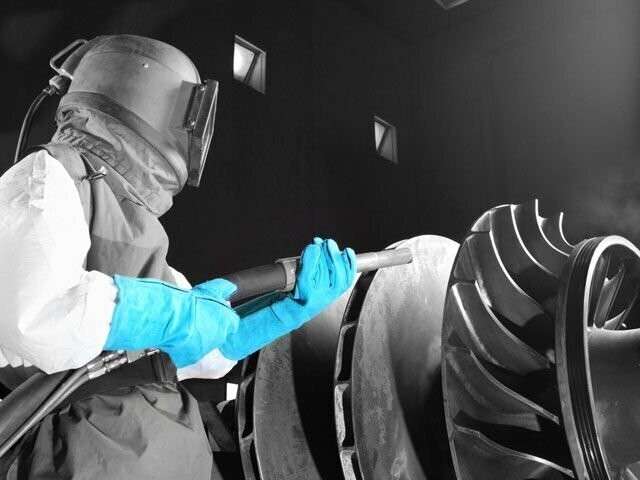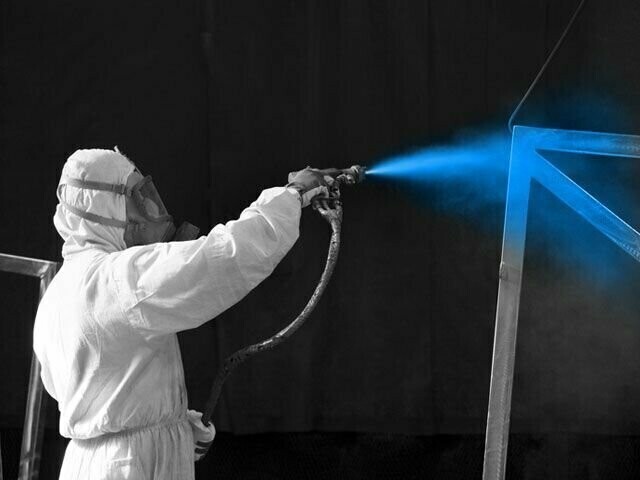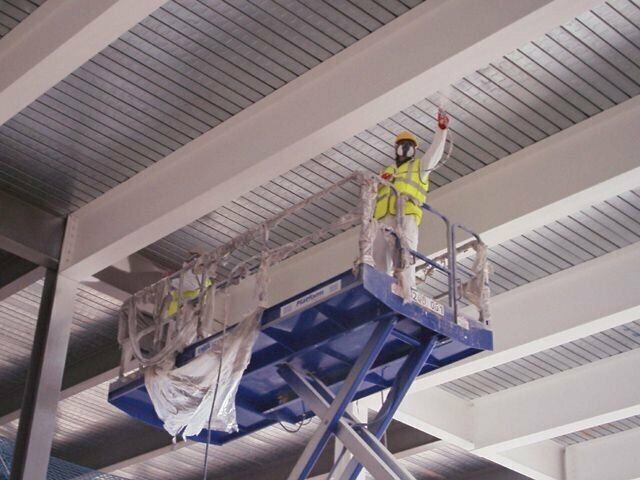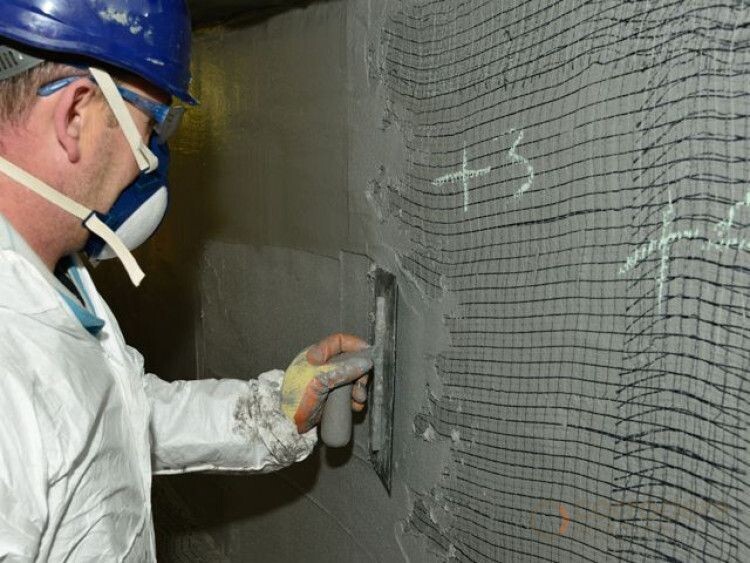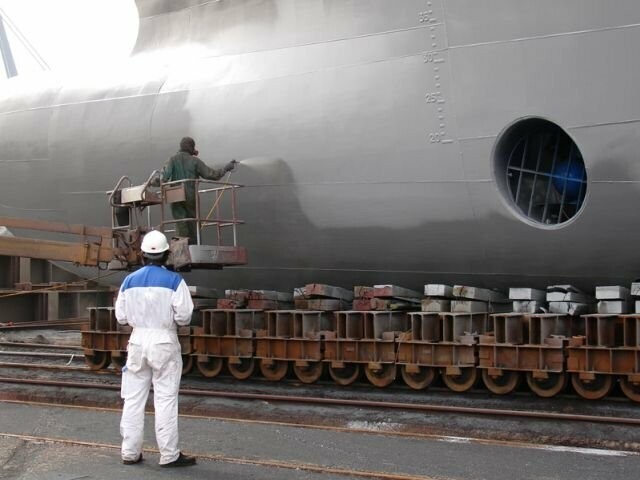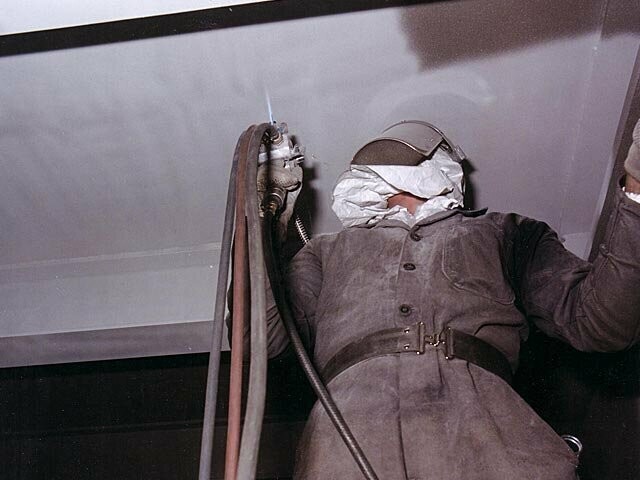Train the Painter Gold in Belfast
The Train the Painter Gold course is the highest level of the TTP training pathway, confirming multi-discipline competence in industrial paint application across protective coatings, abrasive blasting, and spray painting. Candidates can enter the Gold route directly; where 1,600 hours of verified experience have not yet been evidenced, a Trainee Orange card is issued initially, with upgrade to the full Gold card once hours are confirmed.
Delivered at Dangle Academy in Belfast, this globally recognised programme is accredited by Lloyd’s Register and is trusted by employers across offshore, marine, infrastructure, energy, and other high-value industrial sectors.
